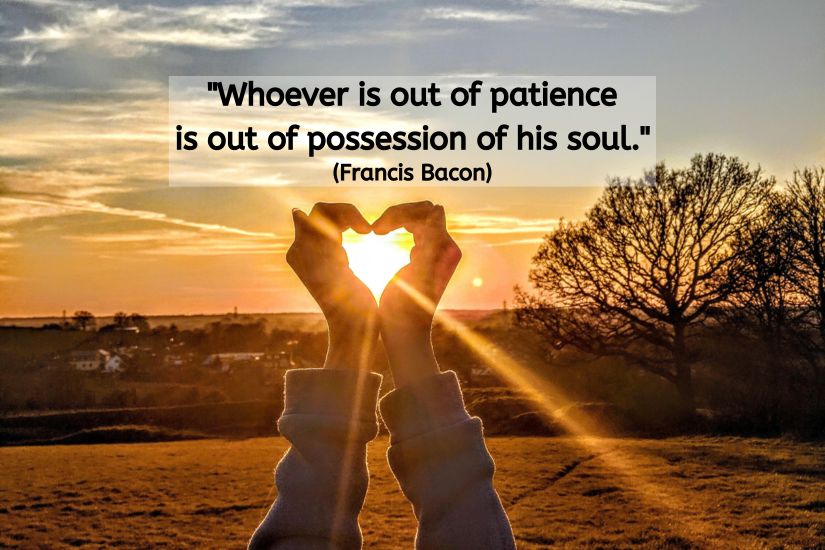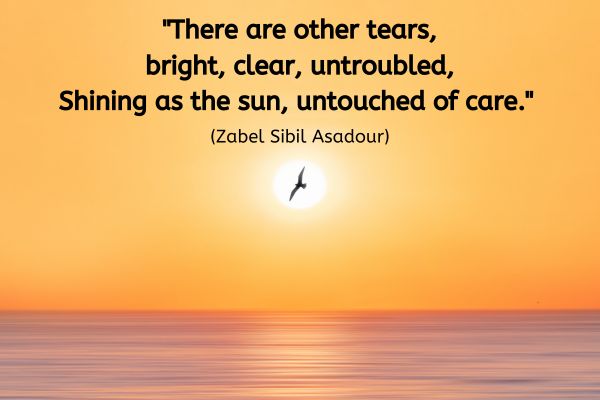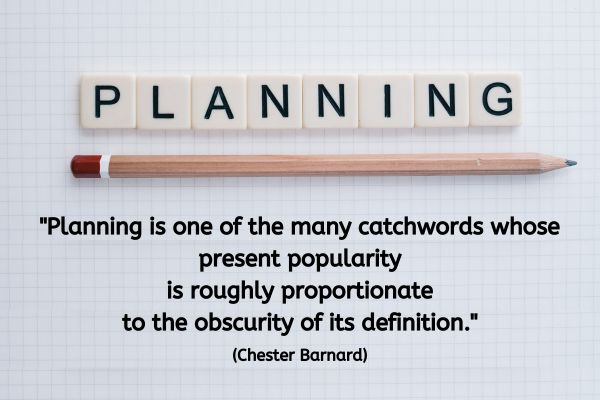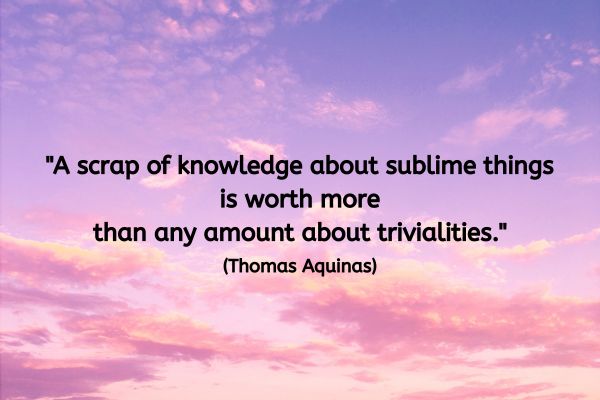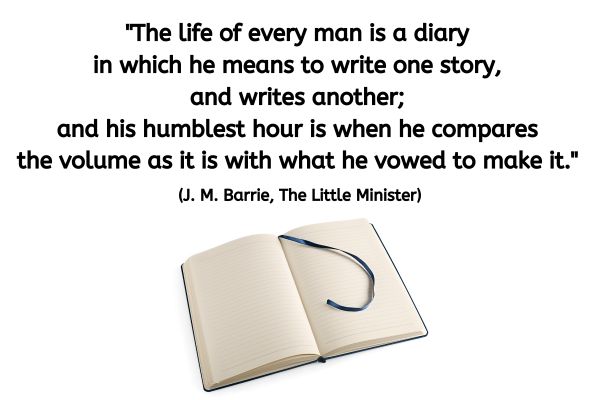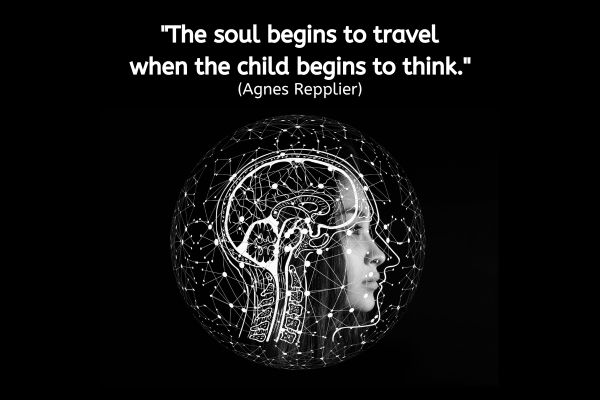The Power of Stillness: Listening for the Soul’s Whispers
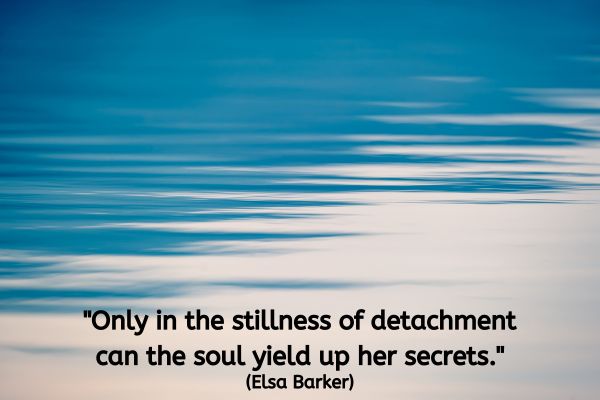
The quote of the day is:
“Only in the stillness of detachment can the soul yield up her secrets.” (Elsa Barker)
Have you ever noticed that the most profound moments of clarity often come when you stop striving for them? I think that is what Elsa Barker, an early 20th-century poet, is pointing towards with this quote.
Stillness. It’s one of those experiences that can feel impossible to describe. So much of what we attempt to capture about stillness, presence, or the soul often relies on language—yet language struggles to define what has no real form. Words simply don’t do justice to the experience.
When I reflect on Elsa Barker’s phrase, “the stillness of detachment,” I understand what she’s pointing toward, but something about the word detachment doesn’t quite fit for me. The feeling of that word doesn’t quite match that experience.
For me, detachment implies disconnection, a sense of being removed from what’s around me. But the stillness I experience feels anything but disconnected. It’s alive and aware, deeply present yet unbothered by my usual thinking, which quiets down almost effortlessly. It seems so vast and yet so intimate and personal at the same time.
It’s in this space—where the noise of thought fades—that the soul and its presence become easier to notice. There’s a sense of grounded calm, of being in the moment without striving to have to figure it all out. It can seem that from here special secrets are being revealed.
But perhaps detachment, in this sense, isn’t about isolation or disconnection. It feels different—it’s gentler, more like a release What if detachment, in this context, isn’t about disconnection at all? What if it’s about letting go—of control, of outcomes, of needing to know? When we let go, stillness has a way of rising naturally, and in that stillness, the soul whispers its truths.
There are times when it seems that you are being shared beautiful truths, something precious being surrendered, as if you are being trusted with something of immense value. Things so gorgeous that you well up with emotion. Then there are secrets that when whispered just seem so obvious that you adapt them into your life without giving it another thought – almost as if it always looked that way to you.
It seems to me that when we allow our thoughts to settle, we tap into a natural stillness. It’s not something we create—it’s always there, waiting for us. When the mind quiets, clarity and wisdom often follow effortlessly.
Elsa Barker’s words remind us that the soul’s truths are often revealed not through effort but in moments of stillness. Perhaps the invitation is not to chase these moments of stillness but to notice them when they arrive—trusting that the soul will reveal what you’re ready to hear. Where might stillness already be waiting for you today?
About Jen Waller

Jen Waller is a transformative coach who helps people reconnect with their inner wisdom and get out of their own way to live the life they would love. With nearly 20 years of coaching experience, Jen works from an inside-out perspective, guiding clients to discover clarity, calm, and creative solutions. She brings a depth of understanding to her writing, offering insights that invite reflection and fresh perspectives. When she’s not coaching, Jen enjoys walking dogs for The Cinnamon Trust, indulging in her love of theatre, and exploring popular science fiction.
Ready to experience more stillness and clarity in your life? Connect with Jen for transformative conversations that help you uncover your true potential. Click here to connect.
